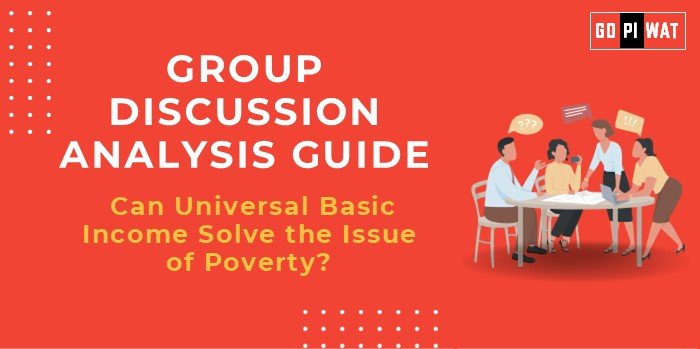📋 Can Universal Basic Income Solve the Issue of Poverty?
🌐 Introduction to Universal Basic Income (UBI)
Universal Basic Income (UBI) has been a prominent discussion in social policy as an innovative approach to eradicating poverty globally. From pilot programs in Finland to policy debates in India, UBI reflects a paradigm shift in how societies address socio-economic disparities.
UBI refers to an unconditional, periodic cash transfer to individuals, providing financial security irrespective of employment status. Rooted in theories by economists like Thomas Paine and Milton Friedman, it gained momentum in modern discourse after the automation wave heightened fears of job loss. Recent trials in countries like Finland and Kenya offer insights into its feasibility.
📊 Quick Facts and Key Statistics
- 🌍 Global Poverty Rate: 9.2% (World Bank, 2021) – highlights the critical need for poverty alleviation.
- ✅ Pilot Success: Finland’s UBI trial (2017-2018) improved recipients’ mental health and well-being.
- 🇮🇳 India’s Poverty Level: 10.2% (2022, World Bank) – demonstrating the scope for UBI’s impact.
- 💸 Cost Estimate for India: ₹3.6 lakh crore/year (Economic Survey 2017) – suggests fiscal challenges in implementation.
- 🤖 Automation Impact: 20-30% of global jobs at risk by 2030 (McKinsey) – underpins UBI’s relevance in the future economy.
🔑 Stakeholders and Their Roles
- 🏛️ Government Agencies: Policy formulation, funding, and implementation of UBI programs.
- 🏢 Private Sector: Supporting through CSR initiatives and tax contributions.
- 🌍 International Organizations: Providing grants and insights from pilot programs globally.
- 👥 Citizens: Beneficiaries who contribute to the economy through increased purchasing power.
✅ Achievements and Challenges
✨ Achievements
- Finland’s UBI trial enhanced happiness and reduced stress levels without discouraging work.
- Direct cash transfers can increase consumer spending, boosting economic activity.
- Administrative simplicity eliminates bureaucratic inefficiencies in targeted welfare schemes.
- Promotes gender equity by providing financial autonomy to women in patriarchal setups.
⚠️ Challenges
- High costs threaten fiscal sustainability, especially in developing economies.
- Critics argue unconditional income might reduce workforce participation.
- Increased cash flow without a corresponding rise in production may lead to inflation.
- Blanket coverage may neglect those in urgent need of support.
🌍 Global Comparisons
- Finland: UBI increased well-being but had negligible employment effects.
- Kenya: UBI in rural communities led to higher investments in health and education.
- India’s Jam Trinity (DBT): Provides a scalable model for UBI implementation.
📚 Structured Arguments for Discussion
- Supporting Stance: “UBI ensures a dignified life by addressing basic needs and reducing inequality.”
- Opposing Stance: “Fiscal constraints and potential work disincentives make UBI economically unviable.”
- Balanced Perspective: “While UBI promotes economic security, targeted and phased implementation may be necessary to address fiscal concerns.”
💡 Effective Discussion Approaches
- Opening Approaches:
- Quote: “Poverty anywhere is a threat to prosperity everywhere.” – John F. Kennedy.
- Data-driven: “With 10.2% of India’s population below the poverty line, UBI offers a promising alternative to fragmented welfare schemes.”
- Counter-Argument Handling: Fiscal feasibility can be addressed through reducing redundant subsidies and integrating taxation reforms.
🔍 Strategic Analysis of Strengths and Weaknesses
- Strengths: Simplifies welfare, boosts economic growth, promotes inclusivity.
- Weaknesses: High cost, potential inflation, risk of misuse.
- Opportunities: Automates welfare delivery, aligns with automation-induced job losses.
- Threats: Political resistance, economic volatility.
🎓 Connecting with B-School Applications
- Real-World Applications: UBI as a project theme in economic policy courses or social innovation labs.
- Sample Interview Questions:
- “How can UBI complement India’s existing welfare programs?”
- “Discuss the economic trade-offs of implementing UBI.”
- Insights for B-School Students: UBI links to entrepreneurial risk-taking and consumer behavior studies.


